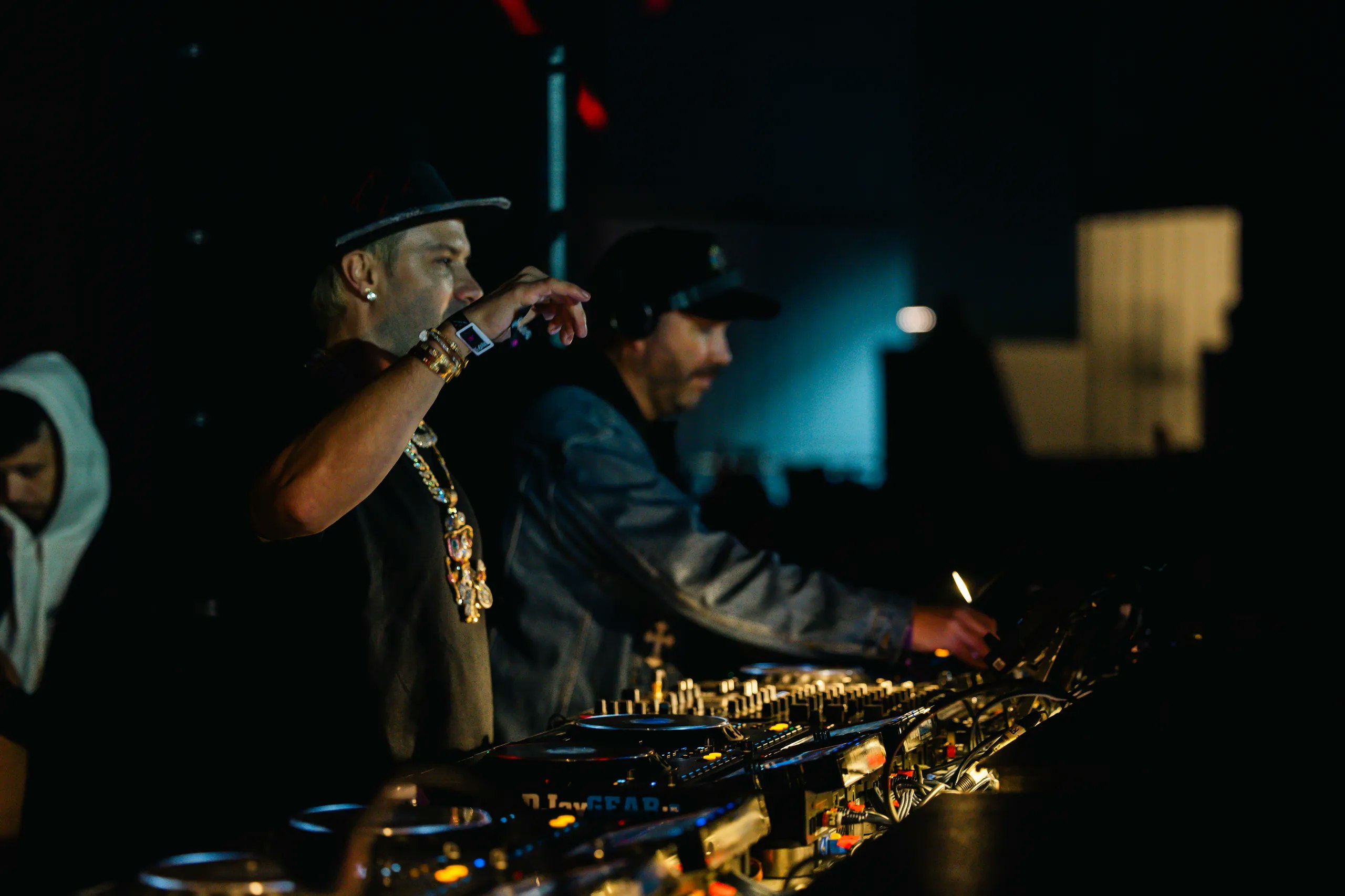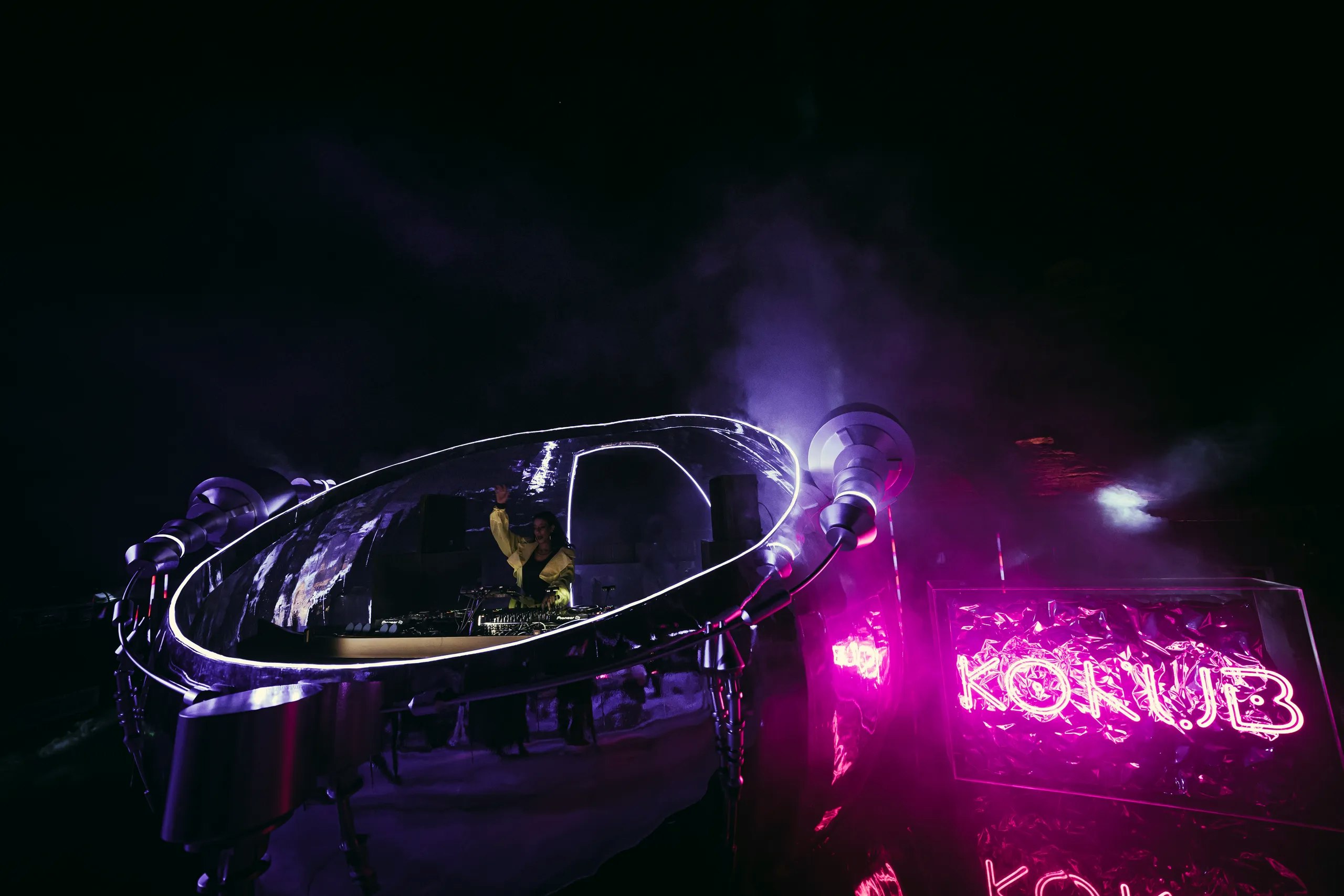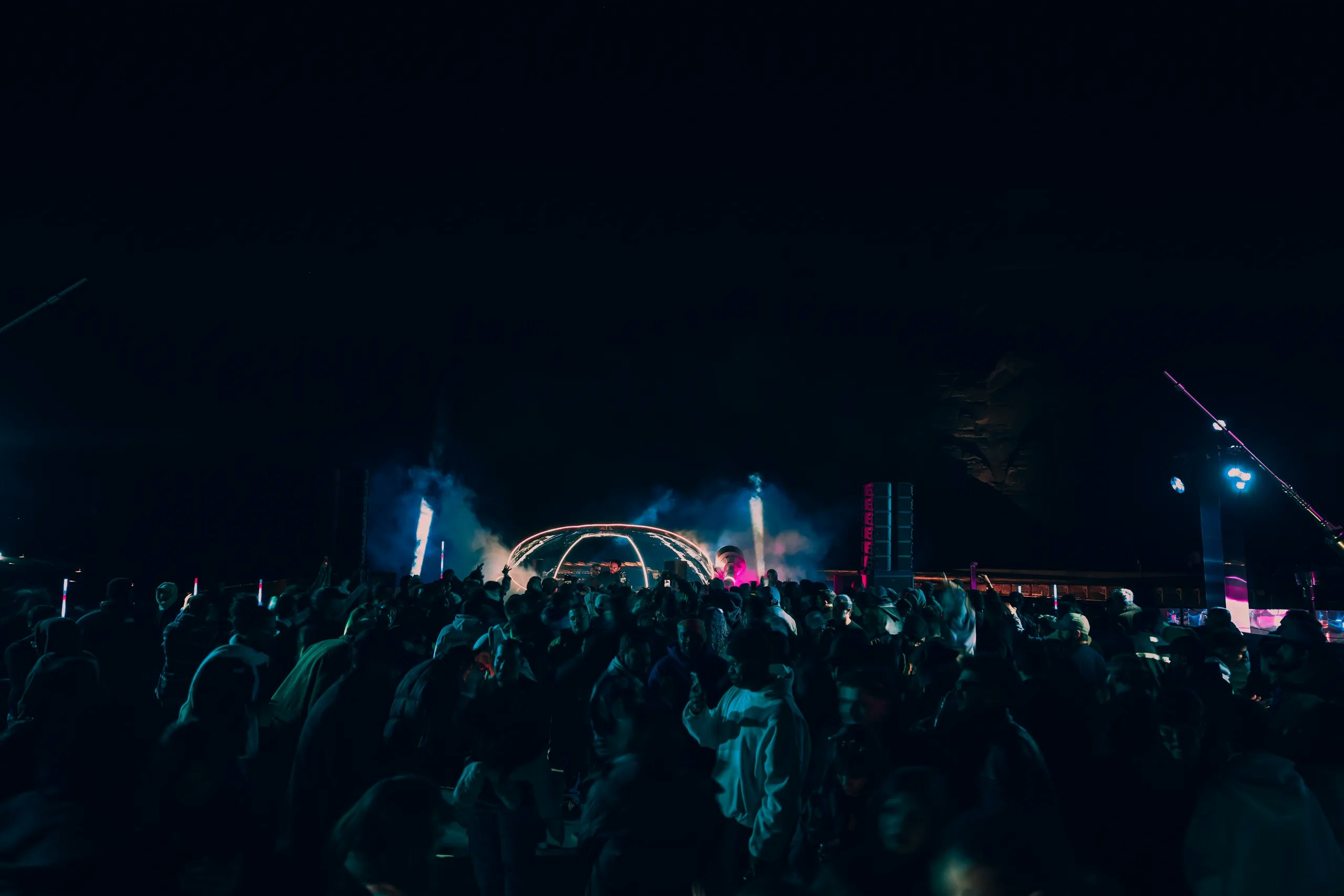

Music and Memory: How Songs Trigger Nostalgia
By MDLBEAST
January 12 2025
Music and Memory: How Songs Trigger Nostalgia
By MDLBEAST
January 12 2025
Music has a profound and unique way of transporting us through time, triggering emotions and memories long buried in the past. This phenomenon, where songs evoke specific moments or periods in our lives, is known as musical nostalgia. It is a deeply personal experience, yet almost universal in its ability to connect individuals to their memories. The bond between music and memory is not coincidental but rooted in complex neurological processes that intertwine sound, emotion, and cognition.
The Science Behind Musical Nostalgia
At its core, the ability of music to evoke nostalgia is linked to how the brain processes sound. When we listen to music, our auditory cortex is activated. However, music doesn't just engage the auditory regions; it also stimulates areas responsible for emotions, such as the amygdala, and parts of the brain involved in memory storage and retrieval, such as the hippocampus. This interconnectedness explains why certain songs seem to carry the emotional weight of specific memories.
Music, especially songs from our past years, tends to be closely associated with key moments in life, like first loves or major life transitions. These associations can be so strong that just hearing the first few notes of a familiar song can trigger vivid memories, including the sights, sounds, and feelings of the past. This is often why songs from our teenage years and early twenties hold a special place in our hearts. During these years, the brain is more receptive to forming lasting memories, and the emotional impact of music is heightened.
Emotional Responses to Nostalgic Songs
While musical nostalgia can bring about feelings of joy and comfort, it can also elicit bittersweet emotions, sadness, or longing. This duality is central to the concept of nostalgia itself—a blend of happiness for what once was and melancholy for what is no longer. When we listen to songs tied to certain life experiences, we may feel a mixture of joy for having lived those moments and a sense of loss because they are in the past.
Interestingly, studies have shown that even people with Alzheimer's or other forms of dementia often retain a strong connection to music. Familiar songs can evoke memories and emotions that seem otherwise inaccessible. This phenomenon is due to the way music is stored in long-term memory, and it explains why certain songs have the power to reach deep into our minds, even when other forms of memory fail.
Cultural and Collective Nostalgia
While nostalgia is often a personal experience, it can also be collective. Certain songs or genres of music become tied to cultural moments, shaping the identity of entire generations. For example, the music of The Beatles, Michael Jackson, or Madonna not only holds personal significance for many individuals but also represents broader cultural movements. These artists’ songs are often tied to specific decades, representing the social, political, and artistic atmosphere of the time.
In this way, music helps shape collective memory, connecting people through shared experiences. Festivals, concerts, and other communal musical events play a role in reinforcing these collective memories. For instance, many people might remember where they were when they first heard a globally popular song or recall a concert they attended with friends, creating a shared sense of nostalgia around the event.
How Music is Used to Evoke Nostalgia in Media
Filmmakers, advertisers, and content creators have long recognized the power of music to evoke nostalgia and emotion. Popular songs from the past are often used in movies and TV shows to transport audiences to a particular time period, invoking a sense of familiarity and connection. For example, the use of 1980s pop hits in shows like Stranger Things or movies like Guardians of the Galaxy taps into the nostalgia of older viewers while introducing younger audiences to classic music.
Similarly, advertisements often feature music from past decades to evoke positive associations with a brand. A familiar song can instantly create a mood, making viewers more likely to form an emotional connection with the product or service being promoted. This is why jingles or well-known tracks from previous generations are so frequently employed in advertising campaigns.
Why Musical Nostalgia Matters
Nostalgia serves an important psychological function. It can provide comfort during challenging times, offering a reminder of who we are and where we’ve come from. Music, as a vessel for nostalgia, reinforces our sense of identity by linking us to our past experiences, emotions, and relationships. This connection can be particularly powerful in moments of change or uncertainty.
Moreover, musical nostalgia can be a source of connection between generations. Parents sharing their favorite songs with their children, or friends bonding over memories tied to particular tunes, fosters an intergenerational exchange that enriches cultural continuity.
-
Visit MDLBEAST website to learn more about the music world and discover the latest updates about Soundstorm and upcoming music events in Saudi Arabia.
Share this


